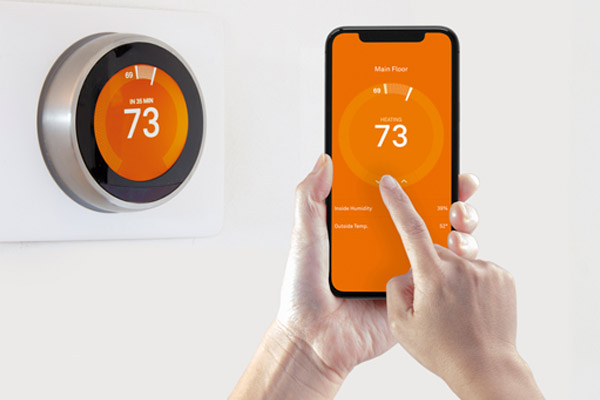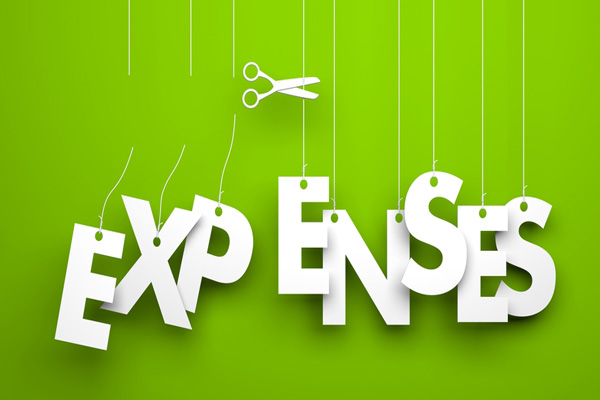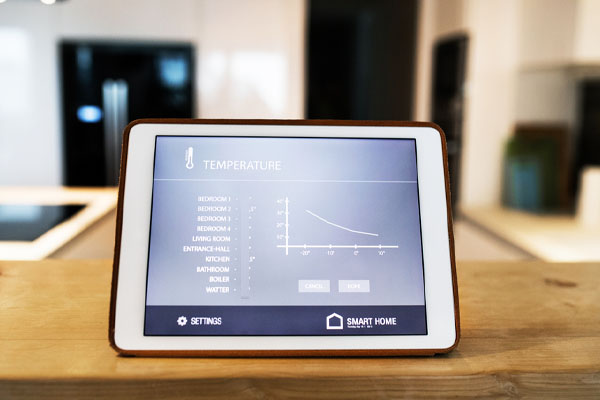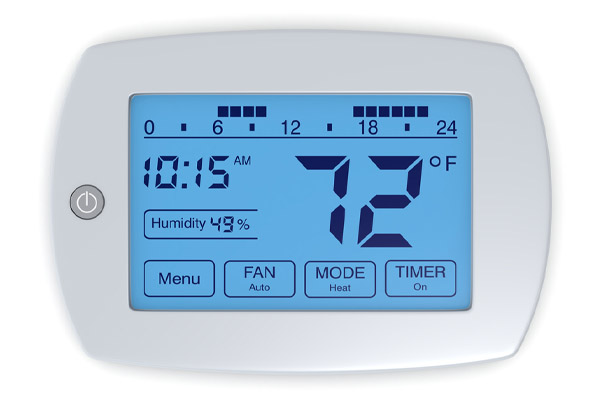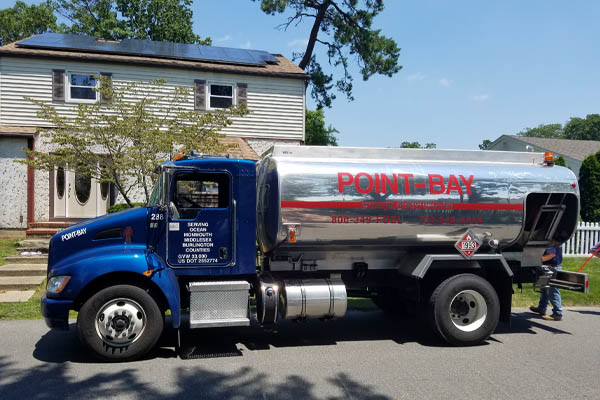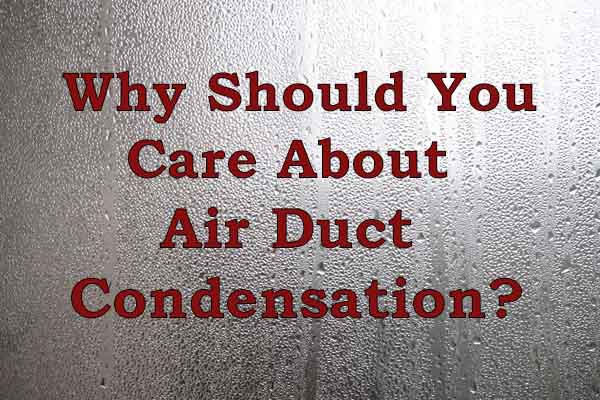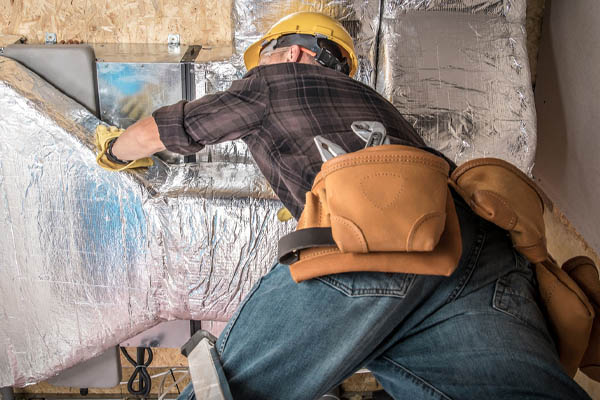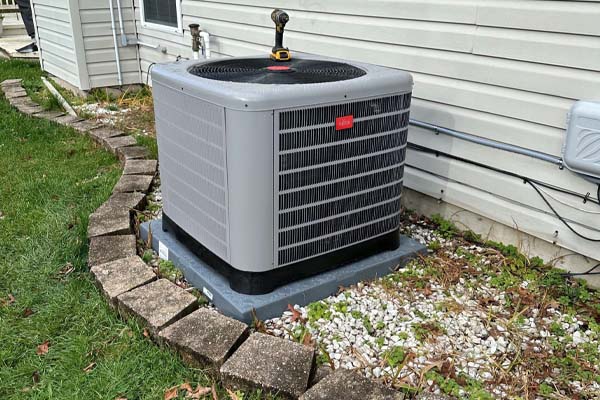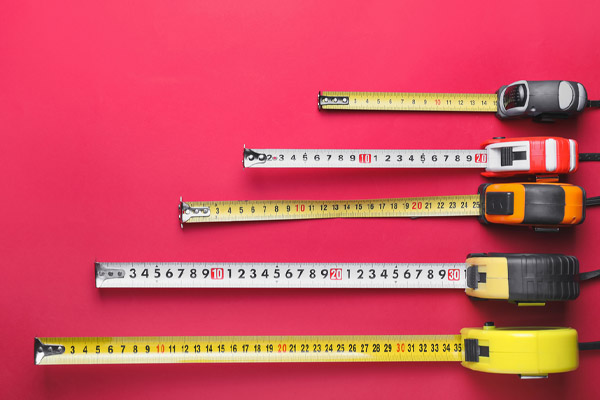
When facing a boiler replacement, there are a few things to keep in mind. Choosing a boiler has no absolutes. Don’t just select the biggest unit available and call it a day. There is no metric that can guarantee suitability. Consider several factors and consult an HVAC professional to make a smart decision. Keep reading to learn what is needed to select the right boiler size and type.
What Size Boiler Do I Need?

You cannot randomly select a boiler. It is recommended that you determine your home’s needs and find a compatible unit. Remember to be diligent in your search, as boilers can last for over ten years when well-maintained. If you’ll be using a heating system this long, you should have a highly compatible, reliable, and energy-efficient one. You may encounter frustration and expensive issues when you choose a boiler that’s way off the mark. Avoid common mistakes by consulting your local, trusted HVAC technician.
Why Selecting The Proper Boiler Size Is Important
Boiler size doesn’t mean its physical dimensions. The width, length, and height shouldn’t be a concern for now. Think about the energy output measured as kilowatts. It measures the boiler’s heat-generating ability. You should choose the right size for your home, so it shouldn’t be too low or too high. Getting it right means you will reduce wasted energy. You also won’t have to pay for the heat you don’t need.
Related Article: What Is The Difference Between A Boiler And A Furnace?
Factors that Impact Boiler Size
A home that needs a lot of heat needs a large boiler. You need to get a correctly sized unit to remain warm. HVAC professionals can do the calculations so you get the figure you can aim for. Experienced technicians can also conduct quick estimates per their experience. Let them know about the number of radiators you have, your home’s size and layout, the fuel type, and the household hot water demand. These are valuable parameters when choosing a boiler. Let’s discuss them below:
Number of Radiators
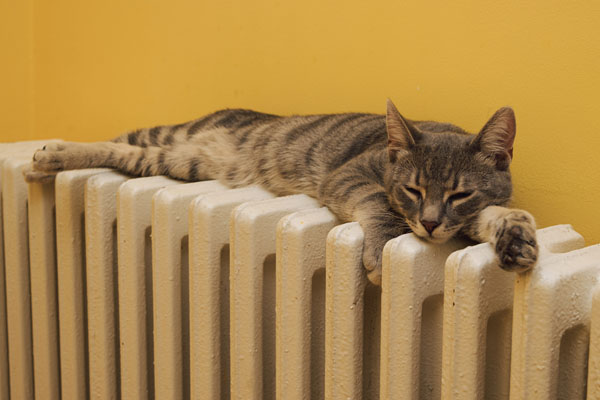
Count the radiators in your home. Family homes typically have four bedrooms and ten radiators. This setup means that a small boiler with 24 kilowatts is enough. Get a lower-rated one if you have a smaller house with one to two bedrooms. On the other hand, you may have to get a boiler with more than 35 kilowatts if you have a larger home for your extended family. HVAC contractors may recommend a 42-kilowatt boiler if you have twenty radiators.
Heat Loss
Heating engineers have developed a more accurate way of measuring the ideal boiler size for each home. They compute the structure’s heat loss instead of depending on the house dimensions. This approach includes several factors in the equation, including the number of radiators and windows. They also consider contributing factors to heat loss, such as insulation type and floor area. The result will provide the needed boiler size to counter the cold during winter.
Related Article: Top 10 Boiler Problems Homeowners Experience
Property Size
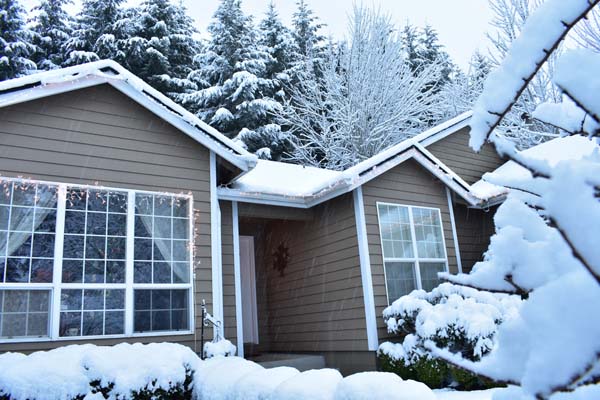
Determine your home’s size. A massive home has a larger air volume inside than a tiny house. It needs a boiler that can generate more heat to affect the indoor temperature. You may feel uncomfortable during the coldest days of winter if you choose an undersized unit.
Related Article: The Ultimate Guide For Residential Boilers
Fuel Type
Check what type of fuel your heating system utilizes. Some homes are linked to the natural gas pipeline. Others use a heating oil or LPG tank on their property. Fuel can influence the system’s efficiency. Modern boilers may also produce heat using solar panels or other renewable energy sources. Find a system with a high AFUE rating if you are conscious of your environmental impact.
Bathrooms and Showers
A powerful boiler can also help maintain even water pressure without wasting energy. Pay attention to how many bathrooms your home has because these spaces need a lot of hot water. You should also think about the number of people living in your home and how often they take showers.
Related Article: What To Look For In A Boiler Repair Company
Types of Boilers for Homes
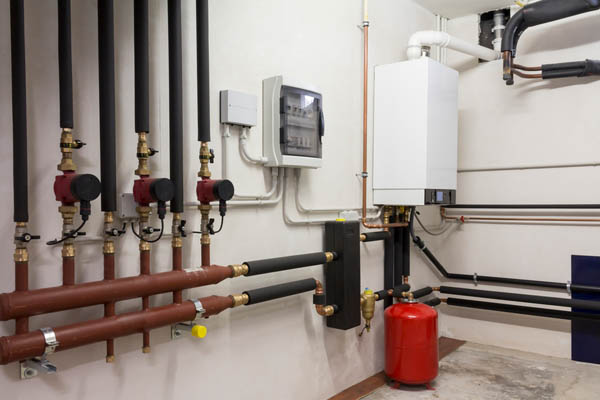
Boiler size isn’t the only factor. You must also find the most suitable boiler type for your home. Three options are available, and each has its advantages and disadvantages. The primary factors to consider this time are the current type of boiler installed and the available space for the new unit. Here are brief discussions for each type:
Related Article: What Is A Boiler Expansion Tank?
Combi Boilers
Combination boilers only heat water when necessary. You also don’t need to wait long for the hot water to come out. It does not store hot water, so there is no need to allow space for a tank. This feature makes it an ideal choice for small homes. The name is derived from the combination of a central boiler and water heater in its design. The downside of this type of boiler is that it can’t heat water and your home simultaneously. Choose a different kind if you require multiple hot water outlets.
Conventional Boilers
Conventional boilers are traditional ones. They use two tanks to store hot and cold water. Burning fuel lets them increase the water’s temperature. A pump transfers the hot water to a dedicated tank so you get hot water as soon as needed. All you have to do is open the shower or faucet, and you’ll get warm water. Conventional boilers are usually found in old homes. If you live in an old house, replacing the existing boiler with the same type is a sensible move.
Related Article: What Is The Best Temperature To Set Your Heating Oil Boiler At?
System Boilers
You likely need huge amounts of hot water daily if you have a large family. If so, a system boiler can meet your needs. It takes water directly from the supply line and heats it in a storage tank. As a result, the need for a separate cold-water cylinder is eliminated. It can also provide hot water to several outlets at the same time, unlike combi boilers.
The Consequences of an Oversized Boiler

An oversized boiler will switch on and off rapidly. This is known as short cycling, and it occurs when a space heats up quicker than it should. This forces the system to shut down, but it turns on again as the heat dissipates quickly. This can result in the radiators overheating and the components wearing out prematurely. This problem only shortens your boiler’s lifespan.
The Consequences of an Undersized Boiler
On the other hand, a boiler that’s too small can take a long time to heat your home. You may not receive the immediate comfort you want. An undersized boiler may eventually reach the set temperature on most days. However, it may be insufficient during frigid winter days. Hot water may also run out rapidly if two or more people use water outlets.
Related Article: What To Look For In A New Oil Boiler For Your Home
Conclusion
It is a technical matter to choose a boiler. Homeowners who take the time to understand the selection process tend to be more satisfied with their choices. Consult a trained HVAC contractor who can conduct heat loss calculations if you want to avoid expensive errors.
Call Point Bay Fuel For All Your HVAC Needs

When you need top-notch heating and cooling services in Ocean County and Monmouth County, New Jersey, call Point Bay Fuel. Our team of professionally certified technicians are experts when it comes to HVAC installations, tune-ups, repairs, and replacements. Our experienced and knowledgeable techs can always provide friendly, safe, and accurate HVAC services.
Count on us to provide you with the most competitive heating and cooling service costs in the area. Our maintenance services can improve home comfort and energy efficiency while minimizing heating bills. We can suggest the best and most budget-friendly solutions for your HVAC repair or replacement system needs. A guarantee backs all of our work. Give Point Bay Fuel a call today to schedule a service appointment. Call now for a free, in-home estimate.
Contact us now by calling (732) 349-5059 to speak to one of our home comfort specialists! Click the link to view our service area.
The post What Size Boiler Do I Need? appeared first on Point Bay Fuel.
